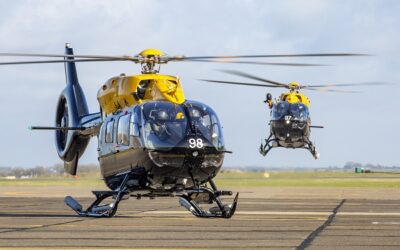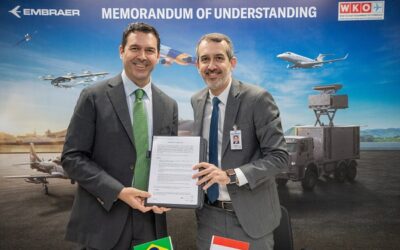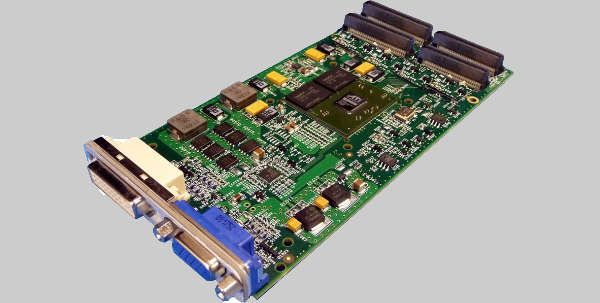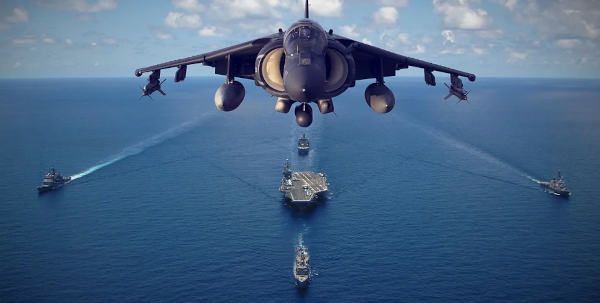Smart Vessels Will Use Digital Twin Concept
On 6 April, Prime Minister Pedro Sanchez presided over the cutting of the first steel plate for the Spanish Navy’s new F-110 frigate at the Navantia shipyard in Ferrol.
The F-110 programme, signed in 2019, calls for the construction of five frigates at the Ferrol shipyard, with an aggregate value of €4.32 billion ($4.7 billion) and first delivery scheduled for 2027, thereafter an a yearly drumbeat.
Designed as multi-purpose escort vessels, the F-110 class will conduct force protection and naval power projection missions in conjunction with other military units, and will leverage their versatility to perform a range of maritime security duties and provide assistance to civil authorities. Their design incorporates a number of advanced technologies, including an integrated mast with a variety of sensor/antenna solutions, an adaptable multi-mission space that enhances almost every capability and a new, more efficient and silent hybrid propulsion plant. The Navantia Sistemas SCOMBA combat system will coordinate the vessels’ naval activities.
Above all, the F-110s will be smart vessels. This is the first Spanish naval programme to embrace the ‘digital twin’ concept – one that creates a virtual replica of each individual vessel and receives, processes and stores a massive volume of data from the ship as she is built, trialled, commissioned and operated. Supplied by a network of sensors throughout the ship’s structure, the shore-deployed digital twin ensures that maintenance and diagnostics can be efficiently conducted, even when the vessel may be on operations thousands of kilometres from port. The use of behavioural models and technologies such as cloud computing, machine learning and (of course) the approaching ‘Internet of Things’ can be leveraged to assure modern, agile and effective operational excellence.
Complementing the digital twin aspect of the programme is an integrated services system (ISS), developed in collaboration with the universities of Vigo and Coruña, which will substantially reduce the requirement for wiring in the ship by locating integrated sensors in its light points. The class will also be the first in the Spanish fleet to possess an integrated cybersecurity system, and will also carry 3D printers to empower the on-demand manufacture of spare parts when required. Overall, these technological capabilities and innovation contribute significantly to the ability of a reduced crew complement to operate the vessel at optimal efficiency – which itself has an effect on improved habitability.

























